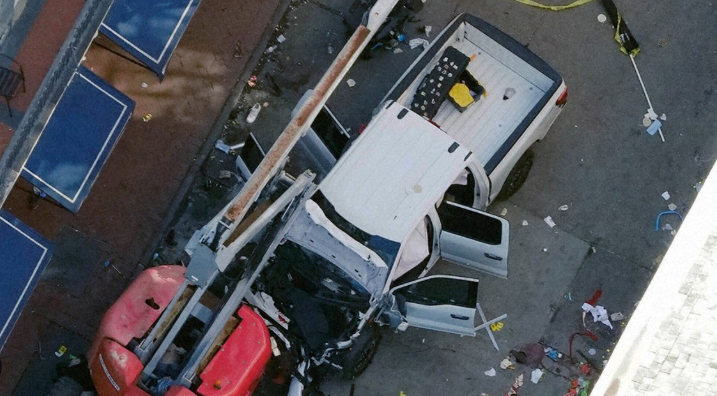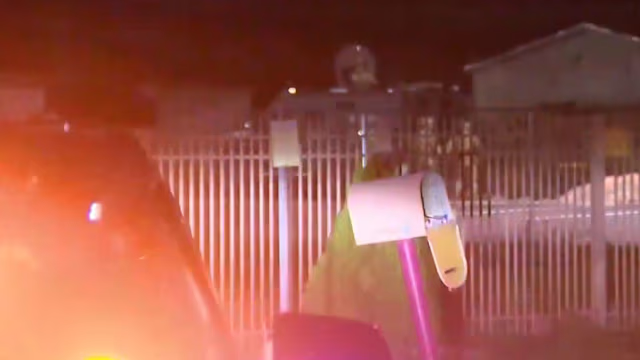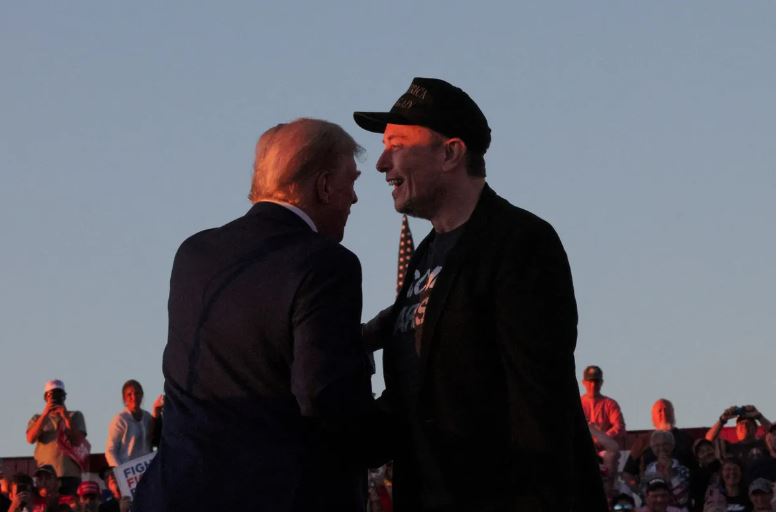The FBI has confirmed that a stark black banner of the Islamic State (IS) extremist group was recovered from a truck involved in a deadly attack on New Year’s Eve in New Orleans’ French Quarter. The attack, which killed 15 people, was carried out by Shamsud-Din Jabbar, an American man from Texas. The investigation is now focusing on any potential influence or support Jabbar may have received from IS or its affiliated groups.
President Joe Biden revealed that, just hours before the attack, Jabbar posted videos on social media indicating that he was inspired by the Islamic State group. Although the group has been significantly weakened since 2019, when it lost the last of its territorial holdings in Iraq and Syria, IS continues to inspire violent attacks worldwide, often through its ideology and symbols. Despite its territorial loss, IS remains a powerful brand for extremists, including many offshoots in Africa, Asia, and Europe, which continue to carry out deadly attacks.
The attack in New Orleans is one of the deadliest IS-inspired incidents in the U.S. in recent years. The last decade has seen other significant attacks linked to the group, including the 2014 San Bernardino shooting and the 2016 Orlando nightclub massacre. While U.S. efforts, such as military strikes and intelligence disruptions, have successfully hindered IS operations, the threat remains.
Experts warn that, while IS as an organization has been pushed back in the Middle East, its decentralized network continues to inspire lone-wolf attacks and affiliate operations. The FBI has raised concerns about an increased risk of international terrorism following recent global events, including the October 2023 Hamas attacks. As IS supporters celebrate attacks like Jabbar’s on online platforms, the investigation continues to explore the full scope of the attack and Jabbar’s connections to IS.


